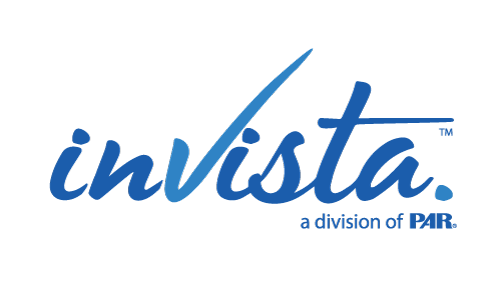A high level of organizational justice, or employees’ perceptions of fairness, can positively impact employees’ wellbeing and performance while decreasing burnout and turnover. [12345]
When employees perceive the actions and decisions made by their organization as fair, trust between the organization and its workers increases. However, because fairness in organizations is such a powerful concept, employees’ perceptions can still generate negative organizational consequences even when an organization takes steps to maintain fair processes and procedures.
Three parts of the picture
Organizational justice comprises three different types of justice: distributive, interactional, and procedural.
- Distributive justice is the fairness and perceived equality associated with the outcomes of decisions made within an organization and the distribution of resources.
- Interactional justice refers to how employees are treated within an organization, which includes feelings of respect and the level of explanation of decisions provided by leaders.[6]
- Procedural justice is the perceived fairness of the processes that lead to valued organizational outcomes such as promotions and raises. [7]
Perceptions of fairness affect everyone at work
Employee perceptions of fairness within the workplace affect meaningful business outcomes. Research has shown that, over time, employees’ perceptions of fairness strongly influence whether they feel more engaged or experience burnout. In a recent study by InVista, 72% of employees who had negative views of organizational justice were at risk for burnout and 64% were at risk for turnover. [345]
The relationship between turnover and justice perceptions has also been observed in specific industries. In a separate study of call center employees by InVista, organizational justice was found to be a driver of intention to quit. [1] In the same study, individuals who had seriously considered quitting their jobs rated organizational justice perceptions 24% lower than those who had not considered quitting.
Related article: How to improve perceptions of fairness in your workplace
Yet organizational justice impacts more than burnout and turnover. All three forms of organizational justice have shown relationships with higher performance and reported initiative in employees.
In a study conducted by InVista in the health care industry, employees’ perception of organizational justice was positively related to performance. This suggests that, as employee ratings of organizational justice increase, so does their average performance rating. [2] It also suggests that, when employees are not held back or preoccupied by perceived inequalities in their work environment, they can focus more of their energy on performing their job.
Organizational justice not only influences organizational outcomes but also impacts employee health and wellbeing. For example, low organizational justice perceptions lead to a decrease in employee wellbeing. Organizational justice can also impact physical wellbeing, a component of overall wellbeing, because of its relationship with various sleep-related musculoskeletal disorders. In addition, a recent InVista study indicated that, of employees who had negative views of organizational justice, 70% were experiencing low levels of overall wellbeing. [345]
Overall, organizational justice is a powerful driver in individual and organizational life. For a FREE, complete guide on how organizational justice affects your organization, click here.
1 InVista. (2019a). [Unpublished raw data for Client 1].
2 InVista. (2019b). [Unpublished raw data for Client 2].
3 InVista. (2020a). [Unpublished raw data on wellbeing for Beta Client 1].
4 InVista. (2020b). [Unpublished raw data on wellbeing for Beta Client 2].
5 InVista. (2020c). [Unpublished raw data on wellbeing for Beta Client 3].
6 Bies, R. J., & Moag, J. S. (1986). Interactional justice: Communication criteria of fairness. In R. J. Lewicki, B. H. Sheppard, & M. H. Bazerman (Eds.), Research on negotiation in organizations (Vol. 1, pp. 43–55). JAI Press.
7 Leventhal, G. S. (1980). What should be done with equity theory? In K. J. Gergen, M. S. Greenberg, & R. H. Willis (Eds.), Social exchanges: Advances in theory and research (pp. 27–55). Plenum.


Recent Comments